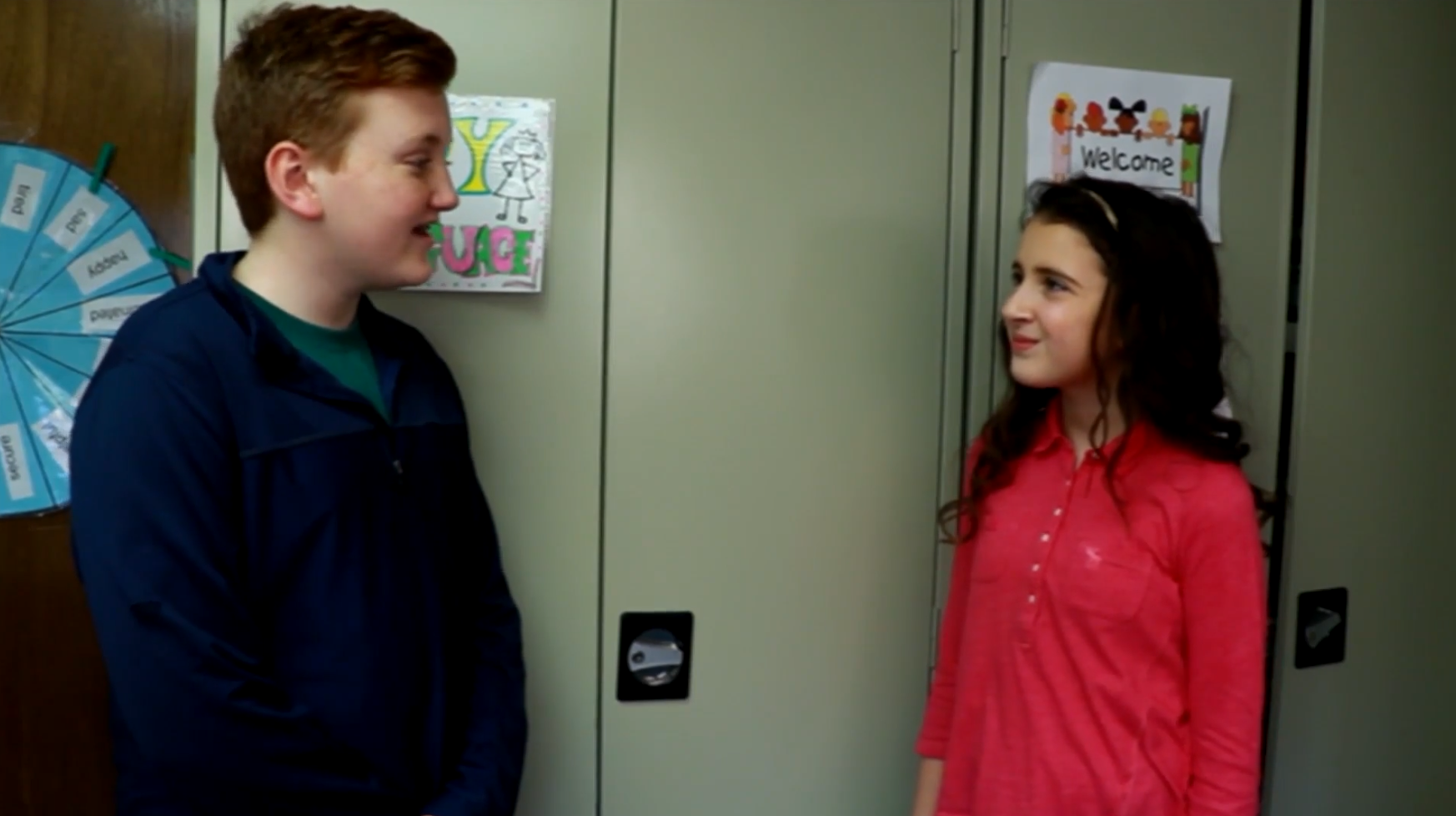
Introduction
Teaching social-emotional skills to elementary students is an essential part of their development. One important skill to focus on is the ability to greet others properly and use appropriate body language. This not only helps students build connections with their peers, but also fosters a sense of belonging and respect within the classroom. In this blog post, we’ll introduce a no-prep activity that educators can use to teach this skill, followed by engaging discussion questions and related skills to explore further.
No-Prep Activity: The Greeting Game
This activity requires no preparation or materials from the educator, making it an easy and effective way to teach students about greeting others and using appropriate body language. Here’s how it works:
- Have students form a circle and stand at an arm’s length apart from one another.
- Explain to the students that they will be practicing greeting each other using the following steps: turn their body towards the person they are greeting, look at them with their eyes, smile, and say “hi.”
- Choose one student to start the game by greeting the person to their right using the steps mentioned above.
- The person who was greeted will then greet the next person in the circle, following the same steps.
- Continue this process until all students have greeted the person to their right.
- Once everyone has had a turn, the game can be reversed, with students now greeting the person to their left.
Throughout the activity, provide positive reinforcement to students as they practice their greetings and body language. This will help them feel more confident and motivated to continue developing these skills.
Discussion Questions
After completing the Greeting Game activity, engage students in a discussion to further explore the importance of greeting others and using appropriate body language. Here are some questions to get the conversation started:
- Why is it important to greet others when we see them?
- How does it feel when someone greets you with a smile and a friendly “hi”?
- What are some other ways we can show respect and kindness to others through our body language?
- Can you think of a time when someone’s body language made you feel welcome or uncomfortable? How did it affect your interaction with them?
- Why do you think it’s important to practice these skills with our classmates and friends?
Related Skills
In addition to greeting others and using appropriate body language, there are several other social-emotional skills that can help students develop positive relationships and a sense of belonging in the classroom. These include:
- Active listening: Paying close attention to what others are saying and showing empathy and understanding.
- Cooperation: Working together with others to achieve a common goal and resolving conflicts in a respectful manner.
- Expressing emotions: Identifying and communicating one’s feelings in a healthy and appropriate way.
- Respecting boundaries: Recognizing and respecting the personal space and boundaries of others.
Next Steps
Teaching social-emotional skills is a crucial part of fostering a positive classroom environment and helping students become successful individuals. The Greeting Game activity and discussion questions provided in this post serve as a great starting point for teaching students the importance of greeting others and using appropriate body language. To explore more activities and resources to support your students’ social-emotional learning journey, we invite you to sign up for free samples of our skill-based materials and other resources at Everyday Speech.





